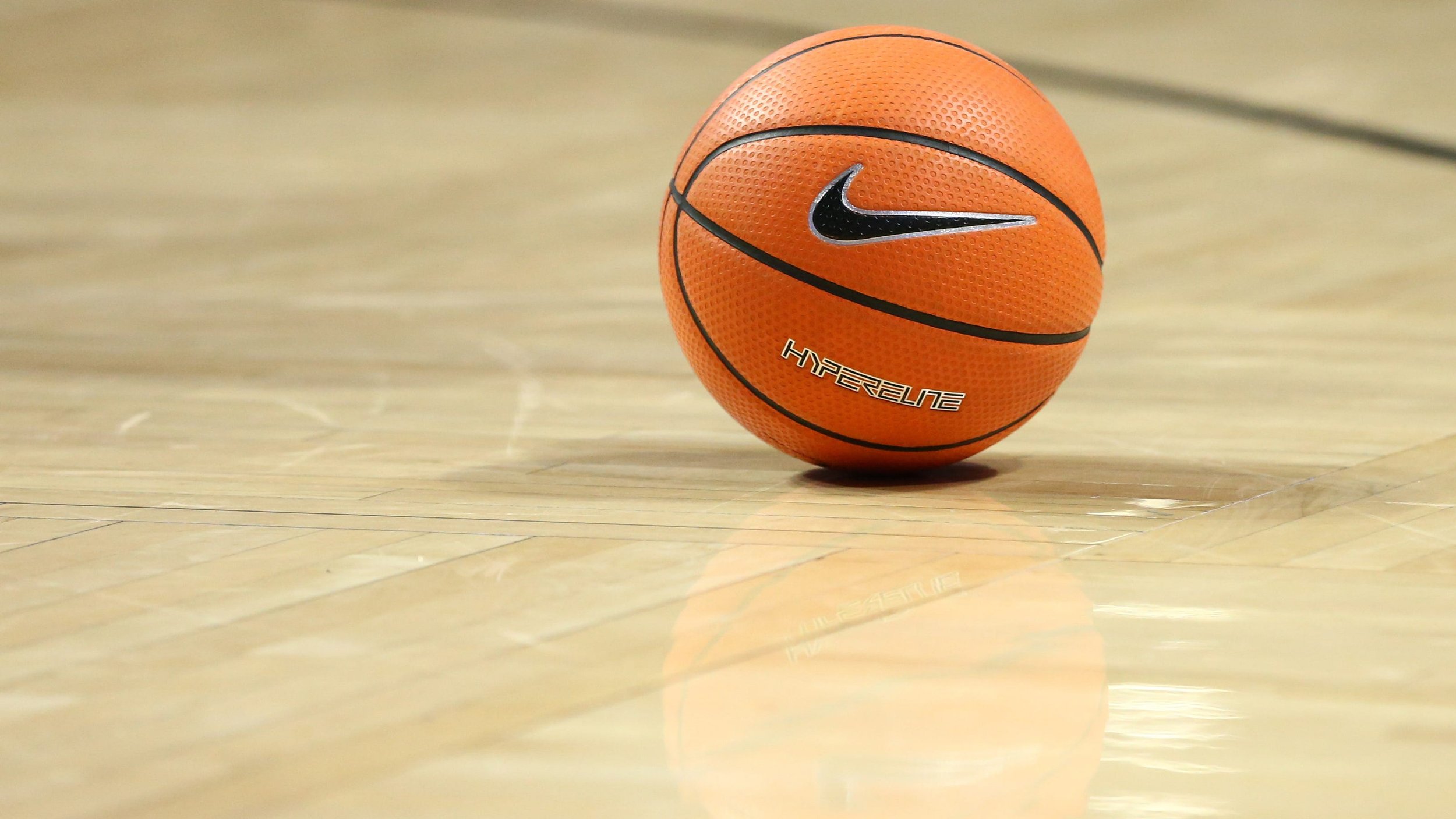Making Things Better for Young Black Athletes
Quick: Name as many famous Black American athletes as you can think of. Chances are, you named people like Jackie Robinson, Muhammad Ali, Wilma Rudolph, LeBron James, and Simone Biles. The list goes on and on. But now try to name the same number of Black Americans noted for their achievements in fields other than athletics and entertainment. Here’s where you might have come up short, and there are historical reasons for that, including equity, access, and fairness.
The role of sports in the lives of Black youth
Playing sports is good for all of us, individually and collectively. It builds physical stamina, strength, and endurance. It also builds character, teaches us how to give and take, and fosters better cooperation and collaboration. When we play sports, we learn how to focus on a goal and rise to the occasion when it’s necessary to be a good loser or a gracious winner.
But for Black youth, especially in the past century, sports have served as a very important way of finding the freedom that is often denied to them in everyday life as well as a way toward financial and social success that they may not have access to.
A legacy of inequity and exploitation
Even today, sports and academics don’t align for youth of color. One reason is that there are relatively few senior-level coaches and other decision-makers in leadership positions. Recent studies show almost three-quarters of high school athletic coaches are white, while less than 9 percent are Black. Of the 130 Football Bowl Subdivision college teams, only 14 had Black head coaches at the close of 2020. Looking at faculty and staff across American colleges, only about 10 percent are Black.
The traditional high school and college systems that have long been in place in the US were never originally designed to serve the specific needs of Black students, so they are continually playing catch-up. Generations of Black college athletes have endured exploitation by these systems, which relied on them to produce revenues for the schools but often egregiously neglected their rights as students. In fact, one study showed that Black males make up only 2.4 percent of undergraduate students but account for 56 percent of basketball players and nearly as many football players.
While schools sell the potential for a professional career after graduation, a 2020 National Collegiate Athletic Association (NCAA) report found that fewer than 2 percent of all student-athletes turn pro after graduation. Yet about 70 percent of Division 1 FBS college football players and about 75 percent of college basketball players told researchers that they had some degree of expectation they’d go on to play professionally.
Academics – The missing piece
Critics have pointed out that the NCAA program, which realizes about $1 billion in annual revenue, does not put enough into ensuring its players receive an adequate education that would prepare them for a non-sports career.
This state of affairs has become a generations-long self-reinforcing system. Black youth, particularly young Black men, learn from media, peers, schools, and society that their value lies chiefly in developing athletic prowess. In many Black communities, leaders hold up athletics as a constructive way of keeping kids engaged and out of trouble and as the pathway to success, security, and respectability. It can take extraordinary amounts of self-confidence and will to overcome these kinds of social cues repeated over a lifetime.
It starts young, too. While Black students make up about 15 percent of the nation’s public-school students in elementary school through high school, only about 9 percent of students in gifted programs are Black.
Some high schools and colleges routinely ignore academic-eligibility requirements for their athletes, and others don’t hold themselves accountable for providing needed academic support, such as study and tutoring sessions. Of course, there are numerous administrators, faculty, parents, and donors who care deeply about Black student-athletes’ academic achievement, but a troubling number of others seem more focused on filling their schools’ trophy cases.
Changing the culture
Several changes in the way high school and college sports operate could help. For one thing, in November 2021 the NCAA met to discuss the ramifications of a proposed constitution months in the making. This special project, led by former United States Secretary of Defense Robert Gates, offers several proposals designed to end the exploitation of all college athletes and ensure they are fairly treated and compensated.
One item in the new constitution stipulates that college athletes should be able to earn money from their names and images. If implemented, that would be a giant step away from entrenched NCAA policy and could be especially helpful to players of color. Among other provisos, the Gates document also advocates designating one NCAA board of governors position for a former college player.
Additionally, the past few years of nationwide protests on behalf of racial justice have strengthened the resolve and organizing capacities of Black college athletes, who are speaking out with greater frequency about racism and unfair conditions they face on campus.
Perhaps most importantly, schools, parents, donors, and communities at every level can insist that academics must be given equal weight for young athletes of color. Colleges can create more comprehensive systems of support to ensure that Black players have the resources they need to be successful in the classroom and that they can access career-track opportunities that go beyond the playing field, whatever their chosen life path may be.
